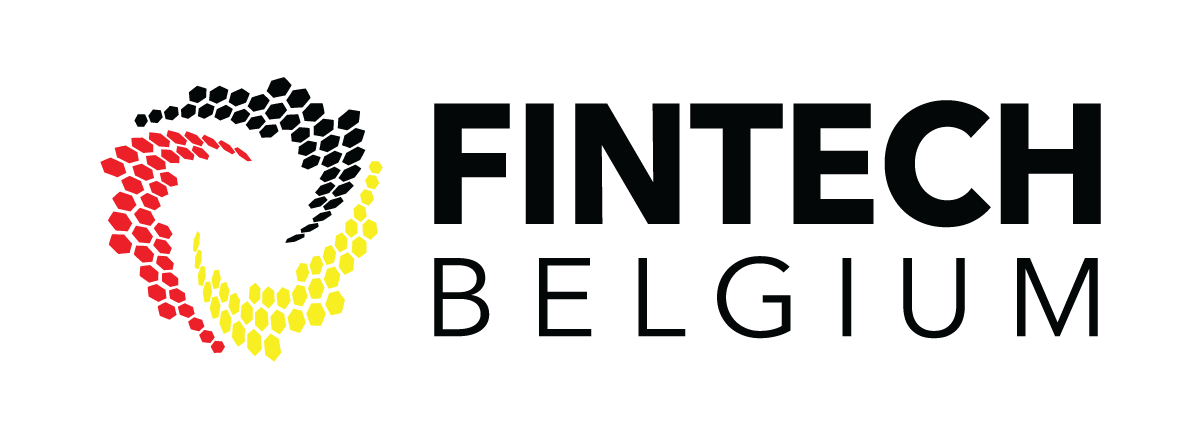How many Europeans do you need to make a fintech?
The number of fintechs in a country says interesting things about the level of financial innovation. Check out how many citizens your country needs to produce a fintech compared to other countries.
As disruptive economic players, fintechs are essential as they solve global problems related to money, finance, and the world economy. Fintechs are in a position to make it easier to pay like Adyen with its customizable payment platform or improve costs like TransferWise with its cheaper international transfers. Fintechs also have the potential to disrupt industries like Revolut or N26 set out to do by offering an alternative to traditional banking.
Most fintechs in Germany
The number of fintechs in a country can indicate where that region stands in terms of its financial innovation. Countries with 150+ fintechs – like Germany, Ireland, and Sweden – are likely to generate more jobs, create more value for investors, and provide better services for consumers than countries with less than 20 fintechs – such as Liechtenstein, Slovakia, and Slovenia. Thus, countries with more fintechs might influence the country’s economy much more positively than countries with less fintechs. For example, Germany, the country with the most fintechs in Europe with 259 fintechs is also home to the most unicorns in Europe with financial giants like N26, Wefox, and Deposit Solutions. Countries with fewer fintechs are not likely to house fintech companies of this magnitude, missing out on the benefits that a more developed financial space might bring.
“Fintechs provide innovation which is highly linked to both attracting talent and new capital. That is also why we see so many countries focusing on it”, explains Soren Nielsen, Chief Commercial Officer at Subaio – a fintech with 40 employees, who has just raised €4 million.
Fintech per capita index
As the biggest European economy, it might not be a surprise that in Europe Germany has the most newly founded start-ups entering the finance industry, building financial innovation that is new to the market. However, adjusting the number of these fintech start-ups to a country’s population provides more in-depth information into financial innovation. Fintech per capita shows that despite traditional European economic powerhouses producing more fintechs, they are not actually as impressive innovators. In fintech per capita, big economies like Italy and France drop to the bottom quarter while Spain and Germany sink to being slightly worse than average. So, which countries are strong from a fintech per capita perspective?
If we disregard outliers like micro-nations such as Liechtenstein and Luxembourg, the historically strong fintech innovator countries of the Nordics rank significantly higher in fintech per capita with one fintech per every 51.000 people than the European average which only has one fintech for every 338.000 citizens. Ranking even better than the Nordics, the Baltics need only 45.000 people to produce one fintech. These two regions – commonly known as the Nordic-Baltic Eight – are digital frontrunners, often topping rankings of innovation and digitalization. This also shines through in the region’s many digital achievements like their e-residency, 5G network, and plans to develop a digital single market. Besides, the NB8 also stands out as the birthplace of fintech unicorns like TransferWise and Klarna while hosting research and development centres of global giants like Microsoft or SAP.
“All things considered, it is no surprise to see the Nordics and Baltics producing the most fintech per capita as the Nordics already have one of the world’s lowest unemployment rate and highest salary levels with the Baltics following closely”, concludes Soren Nielsen.
For more information contact Márton Kopp, Content Specialist: marton.kopp@subaio.com
Website: subaio.com

